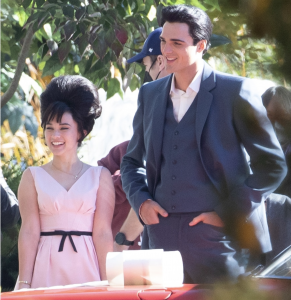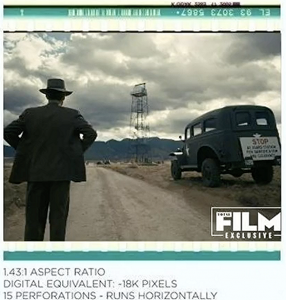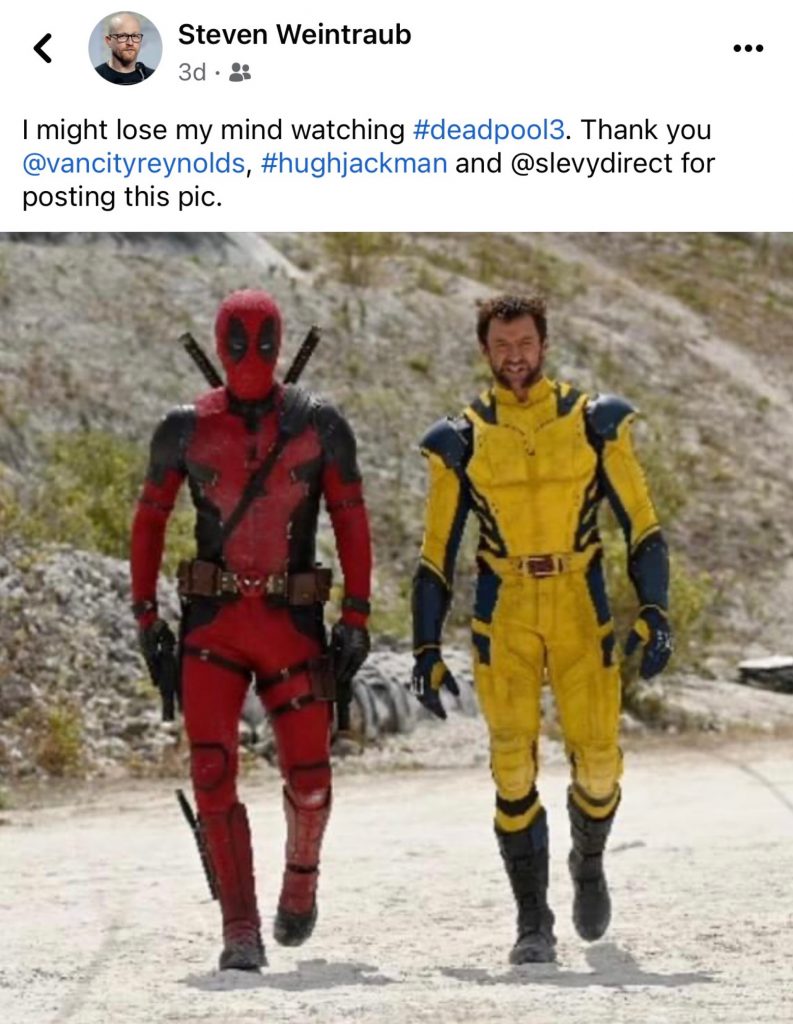Portions of Richard Rushfield‘s “Impeach The Poobahs,” posted on 7.13.23…a column about the two strikes (WGA, SAG-AFTRA):
“Well, geniuses, you’ve done it again.
“If the goal here is to set some kind of leadership record for the most trainwrecks, meltdowns and catastrophes on one generation’s watch, then we’re on a good track.
“Or perhaps they are conducting a science experiment to show how lack of leadership can actually become a quantifiable negative force, like a black hole, sucking all matter —- in this case, the entertainment industry —- into its doom.
“If that’s the case, my hat is off to you all. The Nobel Committee awaits. But beyond that, this is now beyond infuriating.


“I’m aware that the entertainment industry isn’t a democracy. There’s no mechanism in the Hollywood by-laws to impeach our CEOs, but some kind of general ‘no confidence’ vote is very much in order.
“Our poobahs are starting to resemble the GOP establishment who met the Trump onslaught with the fierce conviction that…there would always be another day to deal with it. Or it would be best left for someone else down the road.
“In our case, swap for ‘Trump’, ‘Wall Street’, ‘tech bromides’, ‘master of the new universe pack thinking’ and ‘defeatist, reductionist death-spiraling detachment from their own product’. And then the analogy holds pretty nicely.
“Any CEO out there who wants to be the hero of the moment, the floor is yours.
“Step right up and lead us out of this. And now would be a good time.
“For the rest of you, it’s time for us to really start asking…what good are you?
“Now we’ve got two unions in this. The entire industry shut down. Tens of thousands out of work, many to most of whom are still recovering from the shutdown just past. On your watch. While words about getting artists thrown out of their homes fly around.
“Tell me how this isn’t a catastrophe for the industry? How a stand against the Guilds is greater than the harm this does to an already-teetering business and community?”








